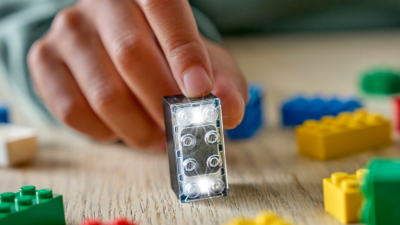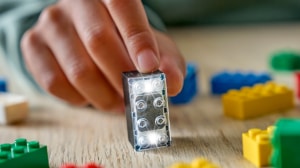Drinking water may be harmful to babies
Babies younger than six months old should never be given water to drink, a research at Johns Hopkins Children8217;s center in Baltimore says.

Babies younger than six months old should never be given water to drink, a research at Johns Hopkins Children8217;s center in Baltimore says. Consuming too much water can put babies at risk of a potentially life-threatening condition known as water intoxication. Because babies8217; kidneys aren8217;t yet mature, giving them too much water causes their bodies to release sodium along with excess water, Anders said. Losing sodium can affect brain activity, so early symptoms of water intoxication can include irritability, drowsiness and other mental changes. Other symptoms include low body temperature generally 97 degrees or less, puffiness or swelling in the face and seizures.
Low vitamin D tied to back pain in older women
Older women who aren8217;t getting enough vitamin D appear to be at risk for suffering from back pain, says a research published in the American Geriatrics Society. To investigate the relationship, the researchers looked at blood levels of vitamin D in 958 people 65 and older. Fifty-eight per cent of the women in the study, and 27 per cent of the men, had at least some moderate pain in at least one region of the body. For men, there was no relationship between vitamin D levels and pain. Women with vitamin D deficiency, on the other hand, were nearly twice as likely to have back pain that was moderate or worse, but vitamin D status wasn8217;t related to pain in other parts of the body.
Gum disease may raise cancer risk
A research at Harvard University suggests that gum disease may increase the risk of developing cancer. Researchers used data from a large study of male doctors and other health professionals aged 40 to 75. The study was started in 1986. Nearly 50,000 men filled out health surveys and were followed for more than 17 years. The survey included information on gum disease and bone loss as well as number of teeth and tooth loss. More than 5,700 of the men developed cancer, excluding cases of non-melanoma skin cancers and non-aggressive prostate cancer. The researchers found that men who had gum disease had 14 percent higher cancer risk compared to those who did not.
- 01
- 02
- 03
- 04
- 05































